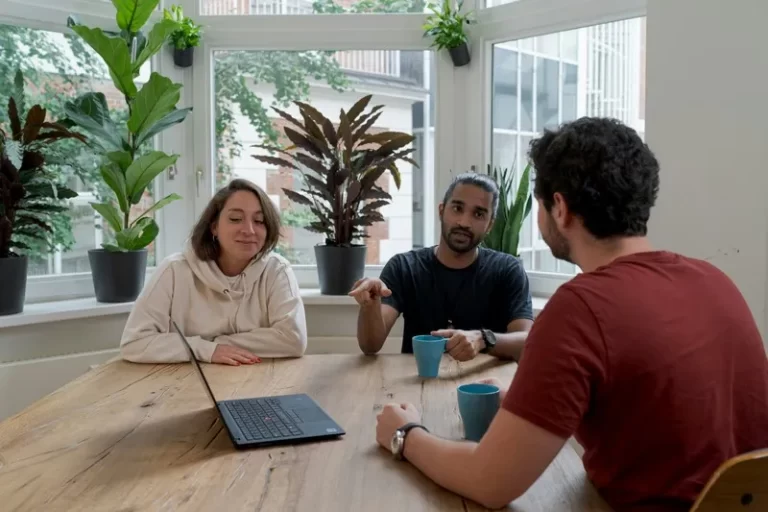Explore the concept of closed societies in sociology, including their features, impacts, and examples. Closed societies are social groups or communities characterized by restricted access, tight social control, isolation, homogeneity, and resistance to change. Discover how closed societies preserve tradition, foster social cohesion, but also have drawbacks such as exclusion and limited perspective. Gain a deeper understanding of the dynamics of closed societies and their impact on individuals and society as a whole.






